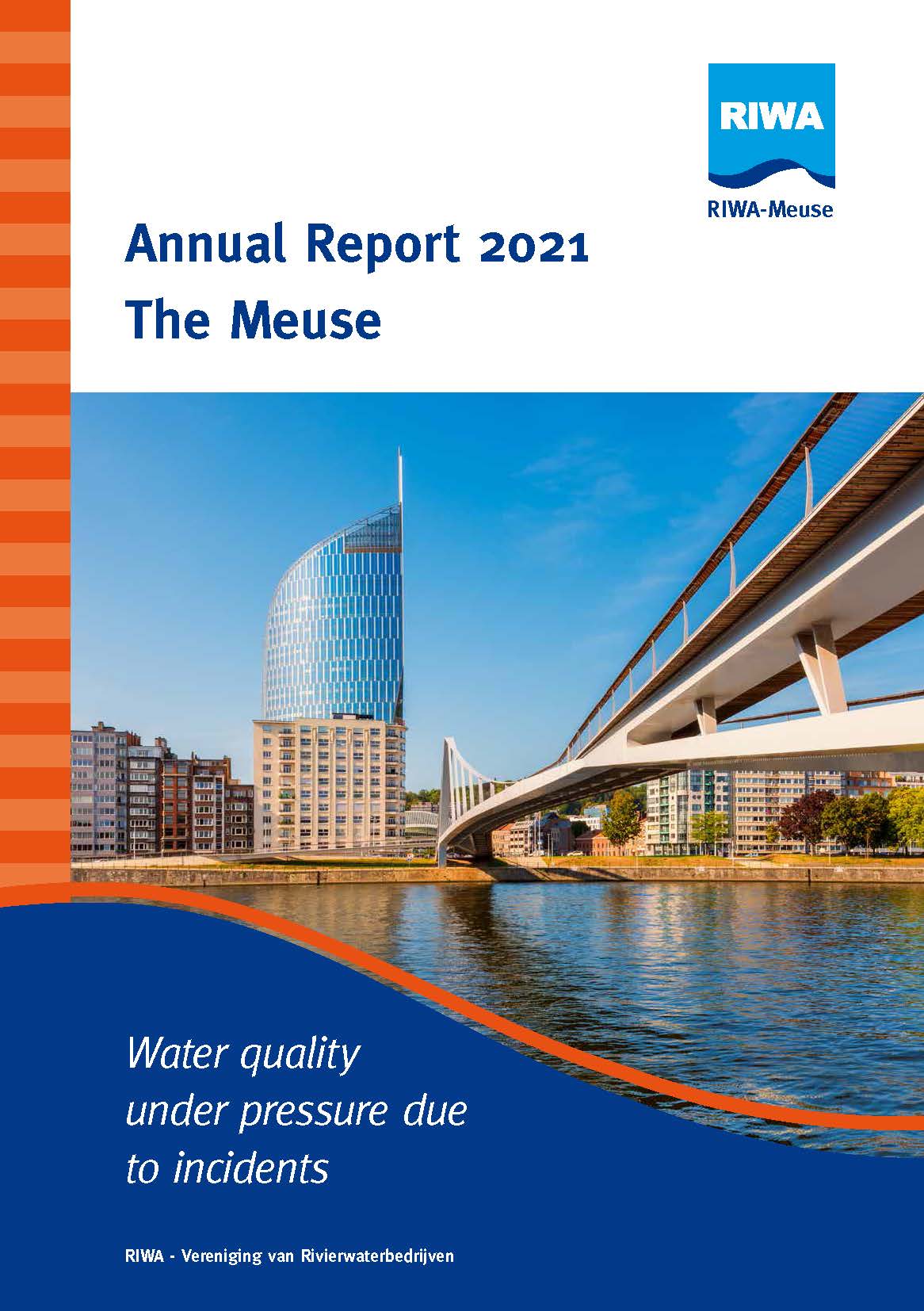Drought shows the need to improve the protection of the Meuse as a source of drinking water
Recent years have shed light upon the influence of climate change on Meuse’s discharge levels as well as water quality. Floods and prolonged periods of drought follow each other in rapid succession. These events have an impact on the drinking water supply of 7 million people, who depend on the Meuse to produce their drinking water in the Netherlands and Belgium. RIWA-Meuse reached this conclusion in the publication of its annual report for 2021.
“Over the past five years, we have experienced four summers with extended periods of low discharge from the Meuse. In order to guarantee the supply of safe drinking water, it is of great importance to ensure sufficient water quantity and suitable water quality in the Meuse. The water quality is under pressure especially at times of low river discharge,” states Maarten van der Ploeg, Director of RIWA-Meuse. The Meuse is polluted by industrial discharges for which permits have been issued and by incidents in which mostly industrial substances end up via the sewage system or are directly discharged into its surface water.
Against the backdrop of constrained water discharge levels in the Meuse, these contaminants are less diluted and hardly rinsed out. Therefore, drinking water companies are regularly forced to temporarily stop the intake of Meuse water. This is expected to happen more often into the future. Given that many permits are not generally accessible, it is difficult to pinpoint where contaminants enter the river. Many discharge permits are not updated to current standards, and it is specifically substances of emerging concern that are often not included in these. It is worrying that outdated permits do not take extended periods of low water discharge into sufficient account, precisely when water quality requires further protection.
A recent research commissioned by RIWA-Meuse and conducted by Deltares confirms that periods of low discharge in the Meuse are expected to last longer and become more extreme in the future. Within this context, drinking water companies are working intensively together with water authorities to gain further insight into discharge permits as well as to detect discharge related incidents in the Meuse River basin quicker and more efficiently. According to Van der Ploeg: “More is needed. It is essential that insight is gained into all industrial discharges that directly or indirectly end up in the Meuse and its tributaries. These permits must be complete and up-to-date, and the substances that can jeopardize drinking water production must be reduced as much as possible. In this vein, we also see a clear responsibility for companies operating with discharge permits along the Meuse.”
“In order to anticipate extended periods of low discharge and increasing water demand along the Meuse, we consider it necessary for governments, water authorities, research institutes, and water users at a national and international level to initiate a dialogue in order to arrive at better and firmer agreements regarding the sustainable use and management of the Meuse and its tributaries.” This will create clarity among users and prevent conflicts that may rise associated to the use of water in the future.
Read the full report of the Association of River Water Works RIWA on the water quality of the Meuse here.





